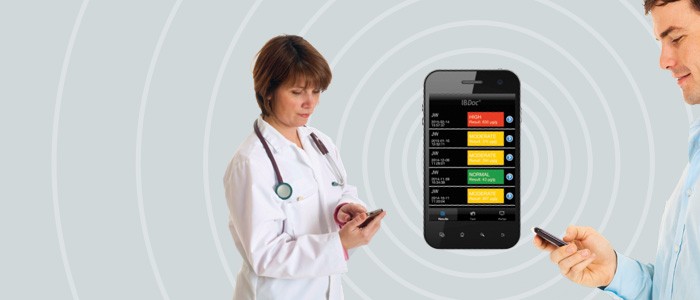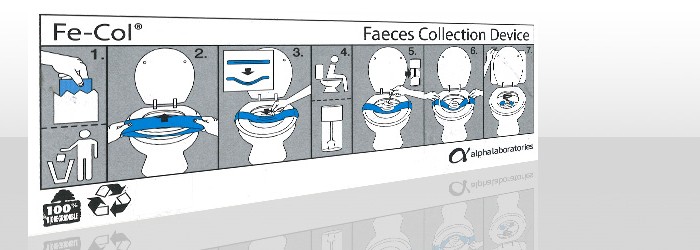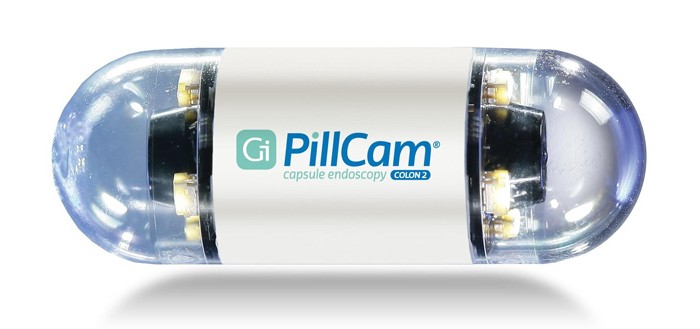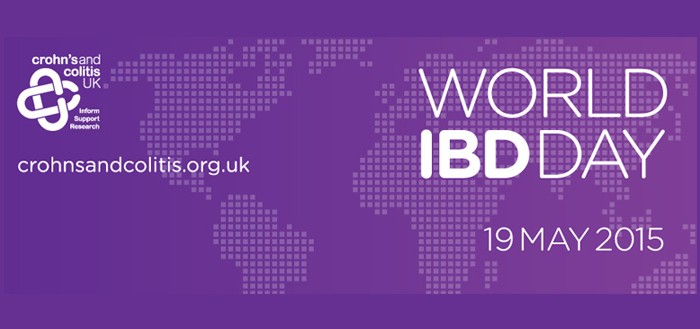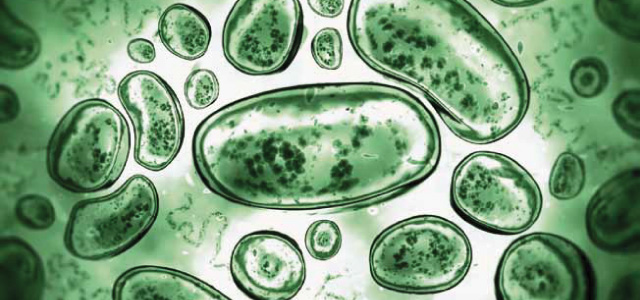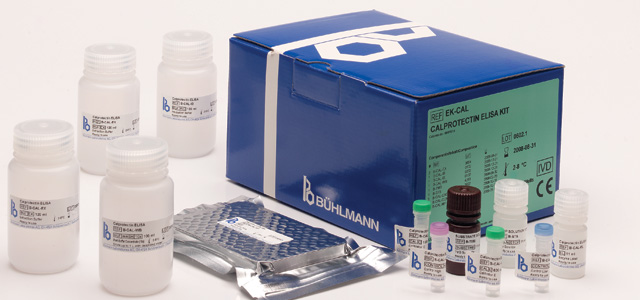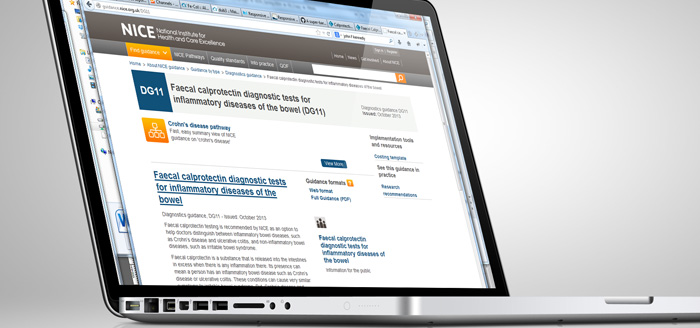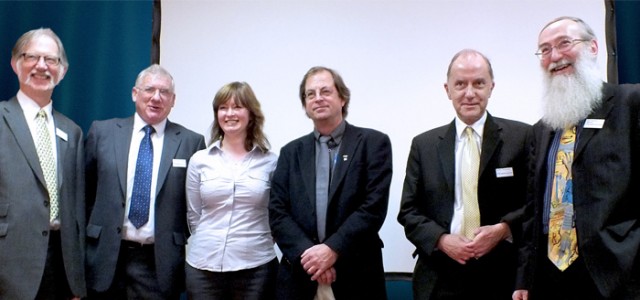IBDoc® Calprotectin Patient Self Testing Pilot Study The Poster presented at BSG 21-23 June 2016, by a team at King’s College Hospital NHS Foundation Trust, discusses a recent study among a cohort of Crohn’s and Ulcerative Colitis patients.
- [email protected]
- +44 (0) 23 8048 3000
Category: News
Poo Collection Made Easy Collecting poo even gets into the daily news! A recent article in the Daily Mail addressed the tricky subject of how many patients find collecting faecal samples difficult and distasteful. Dr Cliodna McNulty, Head of the Primary Care Unit at Public Health England, explained why it’s so important.
Most things in this day and age are getting smaller: crisps, chocolate, computers and now endoscopes. Whilst the traditional endoscope is still used in most clinical investigations, a new kid on the block is now emerging. With a completely different, convenient and minimally invasive approach PillCam® could also provide more information than traditional endoscopy.
Tuesday 19 May is World IBD Day. 300,000 people in the UK and millions more worldwide are living with Crohn’s Disease, Ulcerative Colitis and other types of IBD. Crohn’s and Colitis UK is asking people to wear purple (the international colour for IBD) on World IBD Day to help boost awareness about Crohn’s Disease and
Spontaneous bacterial peritonitis (SBP) is an acute bacterial infection of ascitic fluid. It primarily occurs in patients with advanced cirrhosis and, generally, no source of the infecting agent is easily identifiable.
Fever, abdominal pain, altered mental status, abdominal tenderness, or hypotension in cirrhosis cases indicates SBP. In addition, patients with ascites admitted to the hospital for other reasons should undergo paracentesis to look for evidence of SBP.
In a word – yes!
Is this clinically significant? in another word, no!
Most non-steroidal anti-inflammatory drugs (NSAID) cause gastric damage in short-term volunteer studies, ranging from erythema to ulcers. Recent estimates suggest that gastrointestinal (GI) bleeding attributable to nonselective NSAID accounts for nearly 34% of all GI bleeding cases (mostly upper GI bleeding) in the US and may have resulted in over 32,000 hospitalisations per year during the last decade.
The recent Calprotectin Regional User Group meetings, organised by Alpha Laboratories, generated lively and informative discussions between new, experienced and some potential calprotectin assay users. Over 40 participants attended across the three meetings held in London, Birmingham and Manchester, travelling from as far afield as Truro and Glasgow. The majority of attendees had already set
Faecal calprotectin testing hit the news headlines late last year following publication of the NICE diagnostic guidelines: ‘Faecal calprotectin diagnostic tests for inflammatory diseases of the bowel’ (DG11). Measurement of faecal calprotectin is considered to provide a reliable indicator of gastrointestinal (GI) tract inflammation and numerous studies show that, while faecal calprotectin concentrations are significantly
In October 2013 NICE produced guidance (DG11) recommending the use of faecal calprotectin testing to help doctors distinguish between inflammatory bowel diseases, such as Crohn’s disease and ulcerative colitis, and non-inflammatory bowel diseases, such as irritable bowel syndrome. You can read more about the NICE guidelines here. The Health Technologies Adoption Programme (HTAP) are now
The second Alpha Laboratories seminar on Diagnostics for Digestive Health was held on the 17th October at the Academy of Medical Sciences in London. The day brought together gastroenterologists, consultant biochemists and biomedical scientists to hear presentations from leaders in this field.

